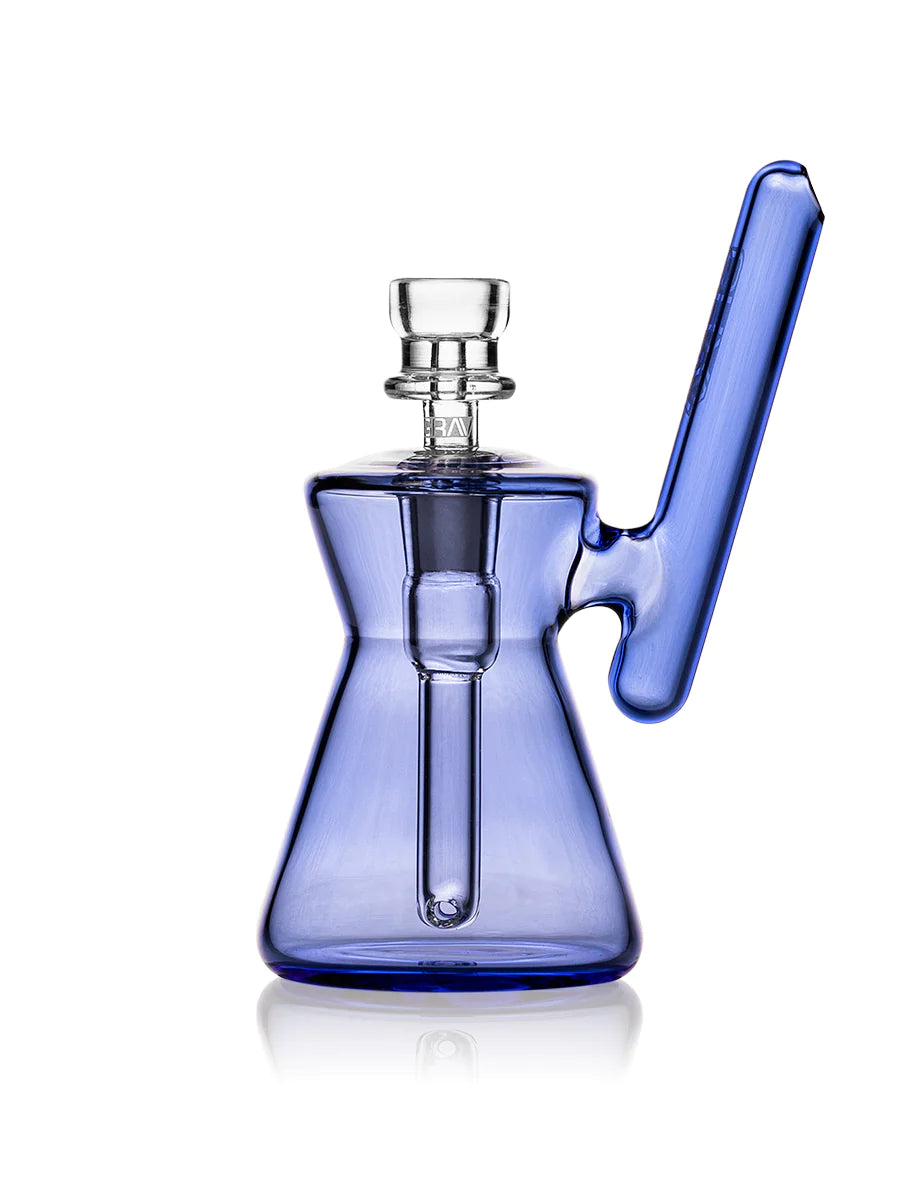The Grateful Dead Heads and their Enduring Love for Cannabis
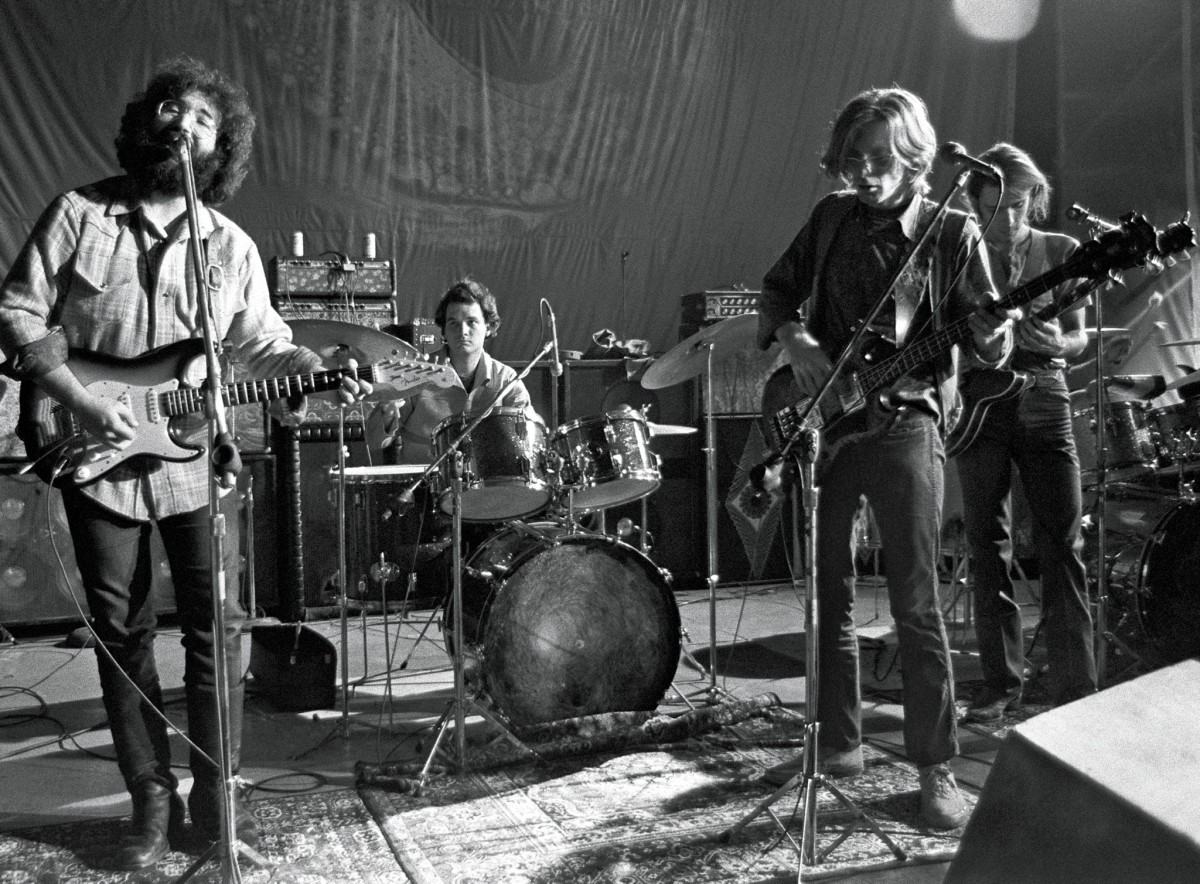
The Grateful Dead, a legendary American rock band formed in 1965, has garnered a devoted following of fans known as "Deadheads." These fans are not just passionate about the band's music; they have also formed a close association with cannabis use, embracing its mind-altering effects as a complement to their musical and spiritual experiences. The Grateful Dead's unique blend of improvisational rock and folk music, along with their emphasis on communal values, has made them a perfect match for the counterculture movements of the 1960s and beyond, where cannabis played a prominent role.
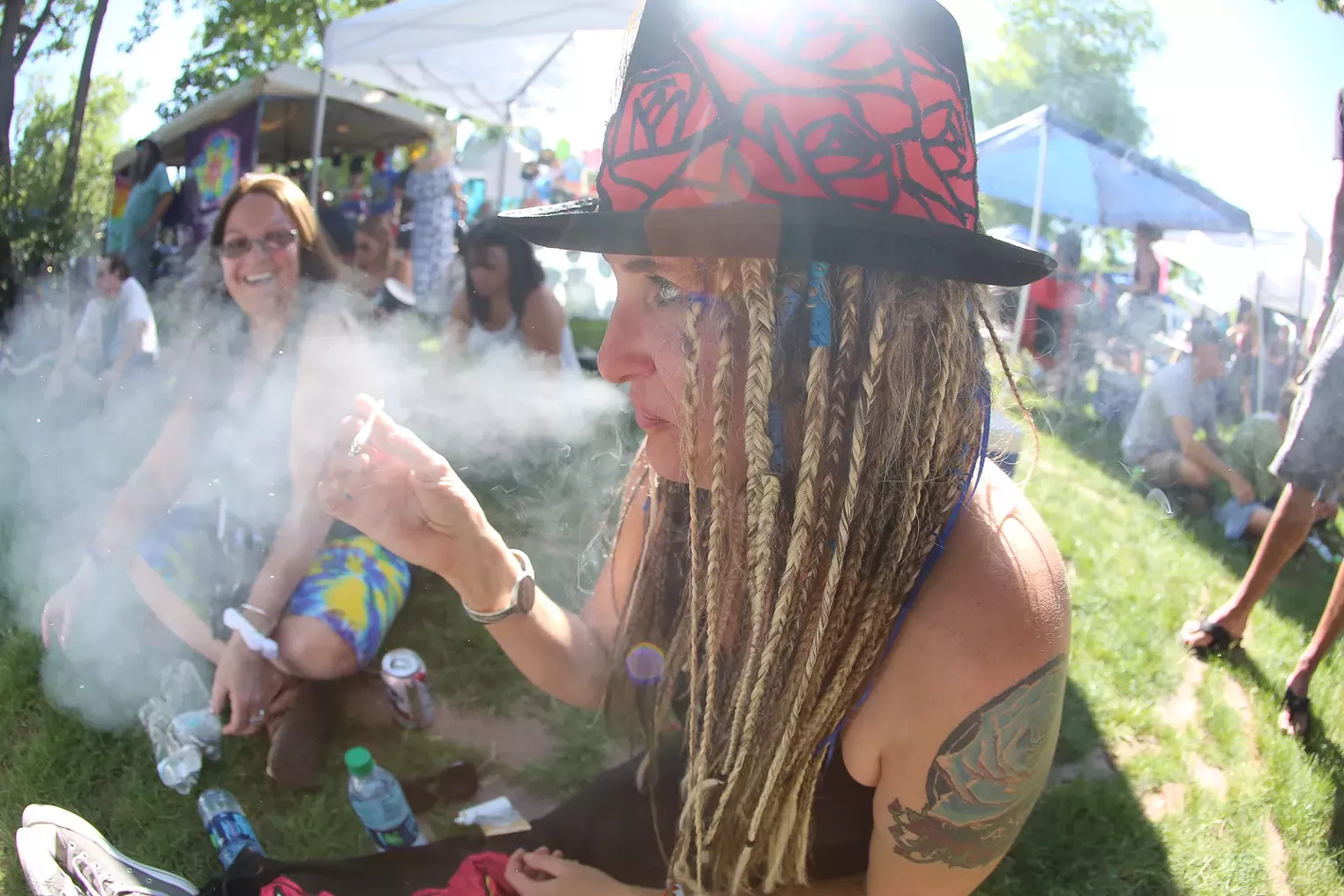
The Grateful Dead's music has always been an invitation to explore altered states of consciousness, and cannabis has often been an accompaniment on this journey. Deadheads view cannabis as a tool that enhances their connection to the music, intensifying their emotional and sensory experiences during concerts. The band's improvisational jam sessions and long, trance-like musical passages create an ideal canvas for the effects of cannabis to unfold.
For many Deadheads, the combination of music and cannabis is more than just a recreational activity; it's a spiritual and communal experience. The band's lyrics often touch on themes of freedom, love, and unity, which resonate deeply with the ethos of the cannabis culture. Cannabis, in this context, is not just a means to alter perception but a catalyst for self-discovery and a way to connect with like-minded individuals.
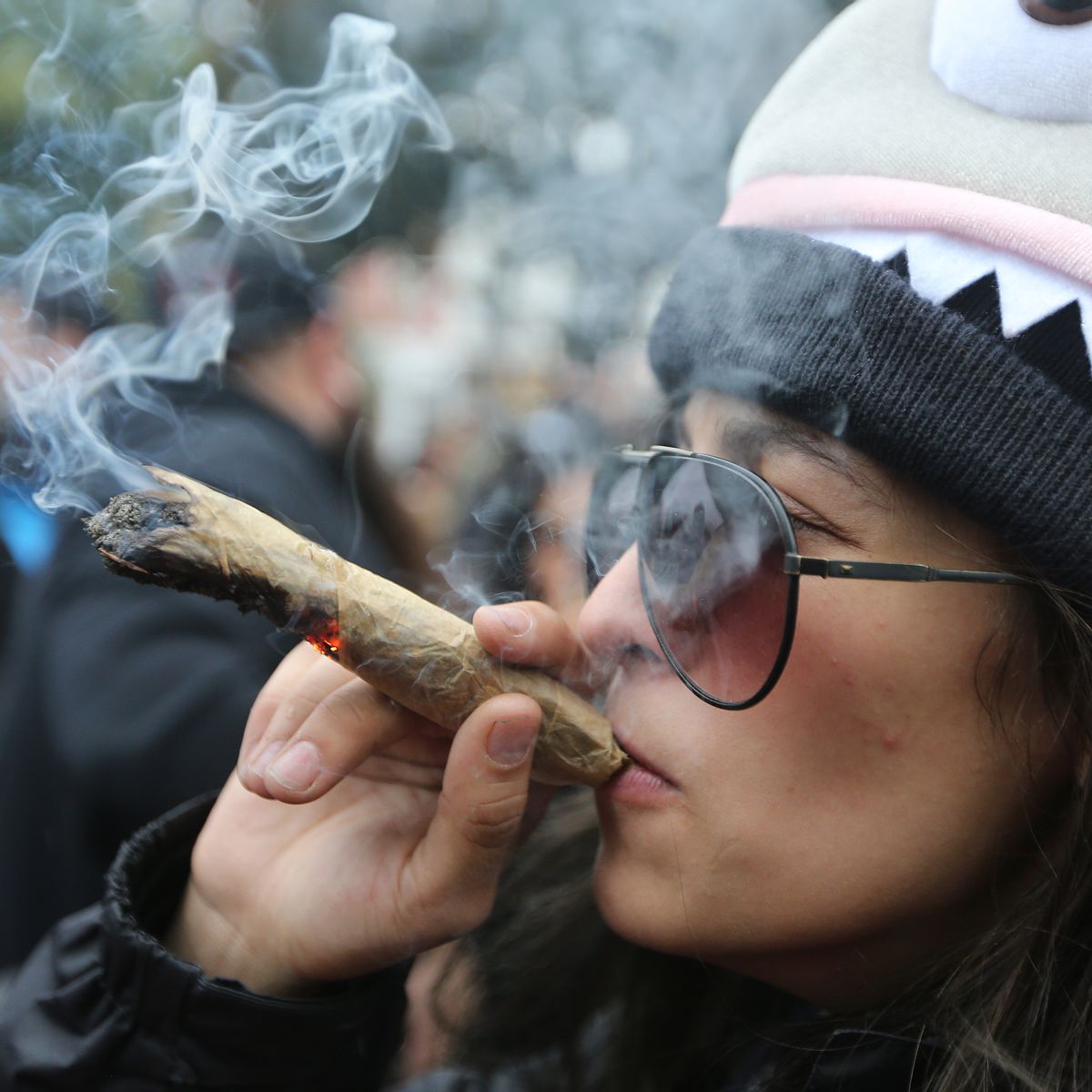
Grateful Dead concerts, known as "Dead shows," have become a haven for cannabis enthusiasts. The aroma of burning cannabis has become synonymous with these events, creating a unique and welcoming atmosphere for fans. Many Deadheads believe that cannabis helps them enter a state of flow, allowing them to connect with the music on a more profound level and become part of a collective consciousness that transcends individual boundaries.
Concertgoers often come prepared with a variety of cannabis products, from joints and pipes to vaporizers and edibles. The act of sharing these products with strangers fosters a sense of camaraderie, promoting the values of unity and togetherness that the Grateful Dead espouse.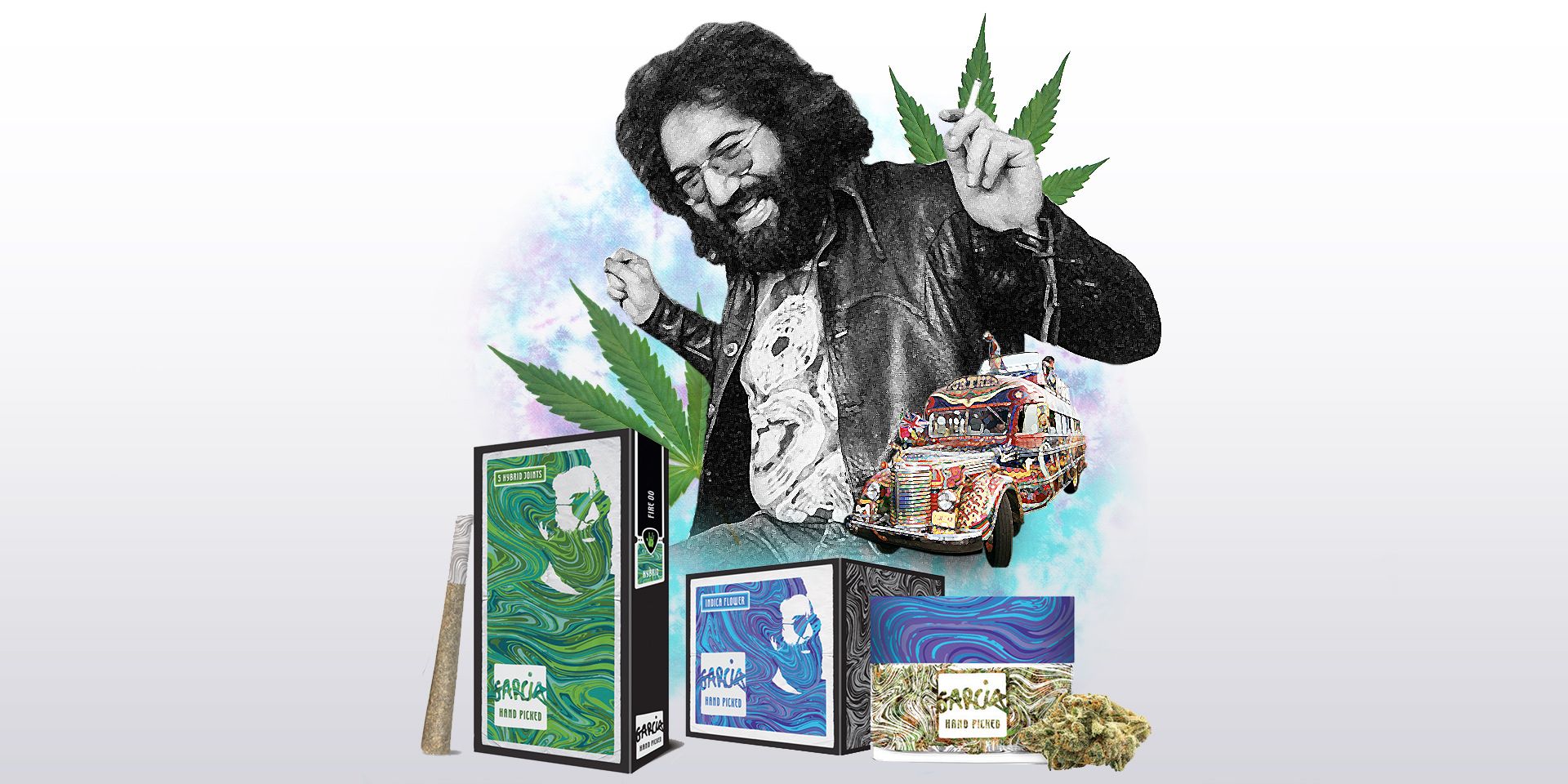
The intertwining of the Grateful Dead's music and cannabis culture has not been without controversy. The band's association with drugs, including cannabis, led to occasional clashes with law enforcement during their early years. However, as attitudes towards cannabis evolved over the decades, so did the public perception of its role in the Deadhead community.
With the increasing legalization of cannabis across the United States and in other parts of the world, the once-underground connection between the Grateful Dead and cannabis has become more accepted. Cannabis-themed events, such as "420-friendly" music festivals and gatherings, celebrate this cultural fusion openly, emphasizing the interplay between music, community, and cannabis

The Grateful Dead Heads' affinity for cannabis is a reflection of the band's enduring influence on counterculture and music. The synergy between their music and the effects of cannabis has created a unique subculture where fans find solace, connection, and self-expression. The cannabis-infused Deadhead experience serves as a testament to the power of music and mind alteration to transcend societal norms and foster a sense of belonging among like-minded individuals.
As cannabis continues to gain acceptance and recognition for its potential therapeutic and recreational benefits, the legacy of the Grateful Dead and their dedicated followers will likely persist as a significant chapter in the story of cannabis culture, music, and shared human experience.

